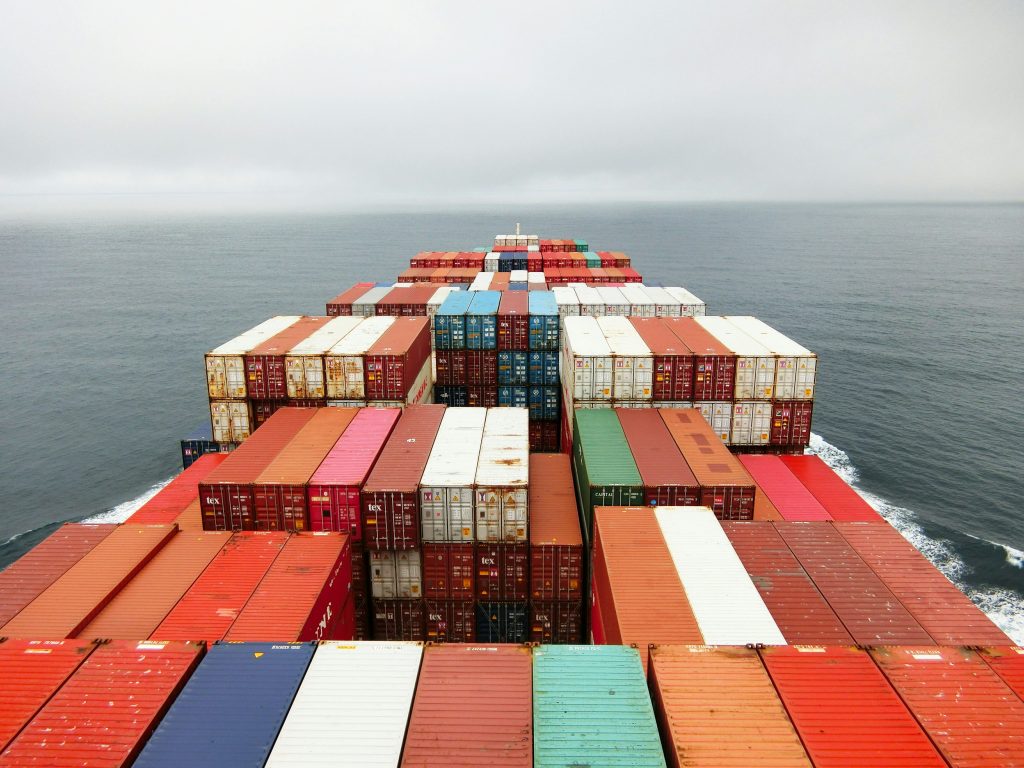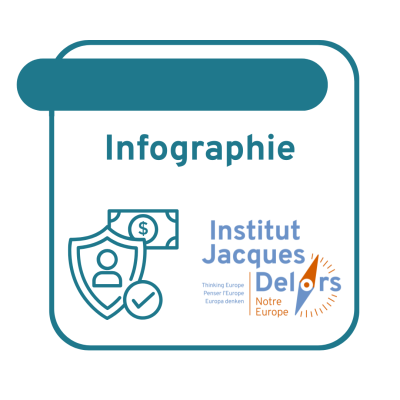[EN] La stratégie commerciale européenne: promesse ou menace?

Ce Policy Paper est une contribution de John Springford (Centre for European Reform) et Richard Youngs (FRIDE) au projet Think Global – Act European (TGAE). Thinking Strategically about the EU’s external action dirigé par Notre Europe – Institut Jacques Delors (rapport disponible en mars 2013, dir. Elvire Fabry, Chercheur Senior, Notre Europe – Institut Jacques Delors).
La stratégie de croissance de l’Europe repose sur un excédent commercial plus important avec le reste du monde, afin de compenser la faiblesse de la croissance intérieure, les consommateurs étant accablés par l’endettement.
Les États membres ont donc mené une diplomatie commerciale, les ministères des Affaires étrangères organisant des salons professionnels, négociant des ventes d’énergie, de moyens de transport et d’équipements militaires, et concluant dans certains cas des accords commerciaux bilatéraux, sapant ainsi les efforts de l’UE. Les gouvernements font tout leur possible pour stimuler la croissance des exportations, en particulier vers les économies émergentes. Cette stratégie a peu de chances d’enrichir l’Europe, que ce soit à court ou à long terme.
Le problème à court terme du continent est le manque de demande intérieure : les exportations globales vers le reste du monde devraient croître à un rythme improbable pour le compenser. Le problème à long terme du continent est la lenteur de la croissance de la productivité. Une concurrence accrue entre les entreprises européennes est plus susceptible d’augmenter la productivité, et avec elle le niveau de vie, qu’une campagne d’exportation soutenue par les gouvernements.




